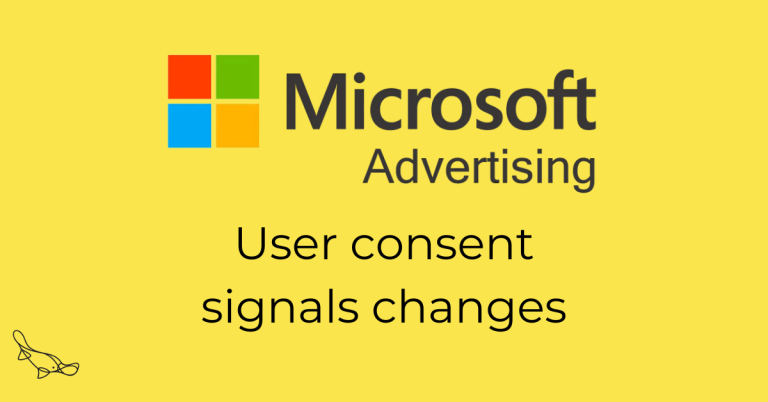There’s a great scene in Season 3 of the Wire.
In a meeting with his staff, the young, ambitious and newly-elected Mayor Carcetti is in good spirits. He’s campaigned for mayor on a platform of being tough on crime. And now that he’s assumed office, he’s committed to ending meaningless, numbers-driven policing in Baltimore in favour of more meaningful police work – even if it doesn’t play as well in the press.
He’s promised the police force a 5% pay rise. He’s serious about big change.
The conversation then turns to education. Carcetti says with a smile, “Well, how bad could that be?”
The budget advisor tells him that schools are running at a $54 million deficit. The smile vanishes from Carcetti’s face.
His idealistic dreams about policing disappear in a puff of smoke. Addressing the deficit means diverting money away from policing. He despondently pleads to the room, “How the fuck do we deal with that?”
Nothing happens without money
Mayor Carcetti has encountered a problem that almost everyone in a position of power soon comes to realise.
Nothing happens without money.
Carcetti was serious about changing how police work happened in Baltimore. His vision was real crime being dealt with effectively. He believed the police force knew how to do that best. He didn’t care if the new, boring way of doing things didn’t play out as well in the press.
But that was before he saw the books.
Digital vs. money
I’ve heard stories from heads of digital, and other senior people trying to get digital marketing off the ground, that aren’t so different from this.
Each of them has solid experience and a great understanding of good digital. They’ve moved beyond the narrow focus on social media, understand wider digital marketing disciplines like search marketing, and are desperate to move to the next level by applying audience insight and conversion optimisation to the way their charities work.
But they can’t – because the money simply isn’t available.
What is money needed for?
There’s an insidious view that digital marketing for charities is free.
That hasn’t been helped by viral campaigns like the Ice Bucket Challenge. The belief is that you’ll plant an idea, social media will do its thing, and your supporters will take it and run, creating magical digital marketing campaigns of their own accord. All you have to do is just sit back and watch the cash roll in.
This perception is compounded by the fact that the most well known digital marketing channels are free (on the surface, anyway), like Facebook pages, the Google Ad Grant, and email marketing for small lists.
All of this paints a picture of digital as being a great big freebie.
But digital marketing isn’t free. You need money to do it to any kind of standard. And at the very least, you need to spend that money on:
- Staff – paying people to operate and generate content for all those free platforms costs charities tens of thousands of pounds a year
- Training – investing in the long term skills of people operating those platforms
- Technology – the best charities aren’t satisfied with free offerings. They pay for the CRM, integrations and paid advertising platforms that deliver more for their causes
Why isn’t the money there?
Lack of funding externally
There isn’t a lot of funding knocking around for digital work in charities. Most grants and trusts will fund programmes, projects, or things – but digital tends to be overlooked.
The funding that is there tends to be tech-focused, aimed at building shiny new platforms and fuelling innovation. But the funding for day to day digital work and keeping current systems up and running… not so much.
They’re like the crime stats that play well in the press but aren’t the long term fixes that are needed.
A failed case internally
Marketing budgets do exist in charities, no doubt about it. It just doesn’t get allocated to building and expanding digital teams.
One problem is that the case hasn’t been made for digital. It’s difficult to see an immediate return on investment, and it’s hard to argue for its strategic alignment against your organisation goals. Other areas of the charity are at the front of the queue because they’ve made a better case for what the investment will do for the charity.
The thing is, digital tends to be seen as a project – but it’s actually a building block of your charity. And in the current charity space, the organisations that are rearing ahead of the pack are the ones that recognize that it forms the foundation of how they work. There’s not a lot more that can happen without it.
But if budget holders think that digital is free, that definitely won’t help build a compelling case for investment.
How are charities investing in digital marketing?
Here are some real examples of how charities are investing their money in digital marketing.
- A charity spends £120,000 on its website. With the implementation of a better, more streamlined website, conversion rate optimisation, and tracking, they expect this to lead to increased cash and regular donor acquisition, and hugely increased brand awareness.
- A charity invests £60,000 in reaching its target audience on Google. They know that people are searching for things related to their charity, and by working out who they need to reach, they are investing in turning them into long term supporters.
- A charity invests £16,000 in a cycle of digital marketing training. They see real value in their wider fundraising teams having digital skills – they build projects and create strategies that are better integrated across multiple platforms. Upskilling their team properly via training needs analysis, planning, delivery and evaluation brings huge returns.
What happens if we don’t talk about money?
Money isn’t a comfortable thing to discuss. Talking about what we get paid, our long term financial futures and even how much money we’ve raised for charities just feels a bit icky sometimes.
But remember – when you’re talking about something, you’re promoting it. Getting the word out there plants the seeds in peoples’ minds.
When we don’t talk about money, we get less investment. And that means:
- People who need your charity’s help, who can be reached and helped through digital marketing, are left to struggle on alone.
- Money that can solve the wider problem your charity exists to solve isn’t raised – and the day the problem is solved moves further away.
- Talented digital people leave – because what talented people would stay at a charity that isn’t investing in its future?
What we need to do
Get comfortable talking about money
Problems like breast cancer, mental health and poverty won’t be solved without money. Being polite and reserved around money in charities doesn’t serve anyone. It hampers progress towards solving those problems.
Create sustainable funding sources for digital marketing
Trusts and foundations need convincing that digital marketing costs money as much as anything else. Only when they believe this will create more funding for the best digital marketing work.
Train junior staff trained to make a business case
More often than not, it’s frontline staff like officers, executives and first line managers who understand digital marketing best. And all too often, they’re the ones who understand budget cycles and business cases – or have decision-making power – the least.
So let’s equip everyone with the skills in presenting the business case for investment.
Budget cycles will vary from place to place. So if you’re one of those managers or officers, speak to your boss or a manager in another team to get your head around the process.
Accept that digital marketing costs money
I’ve shared a few examples of how charities have invested real money in their digital marketing and what’s been achieved with that money. Those are far more everyday examples of digital marketing in charities than the ice bucket challenge.
It’s time to move on – and time to accept that digital marketing costs money.





